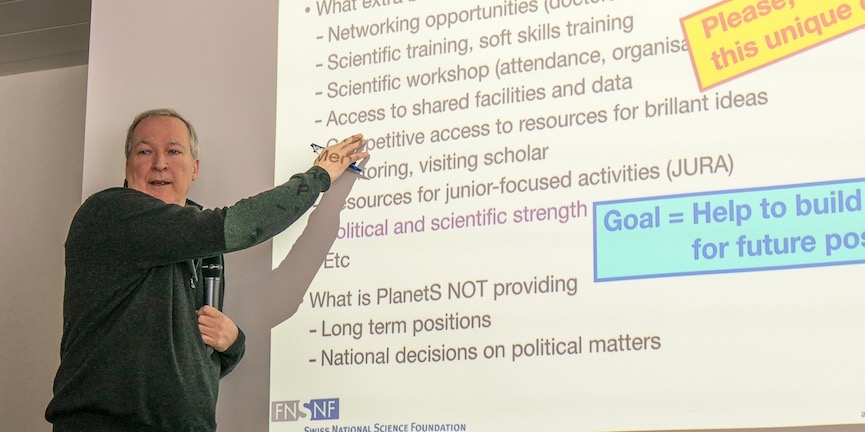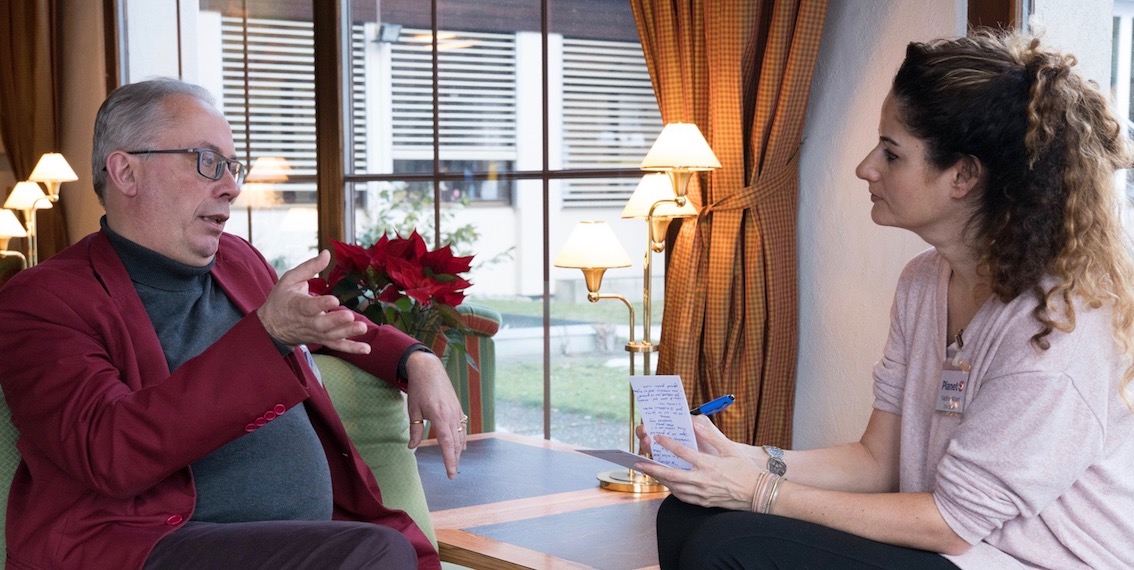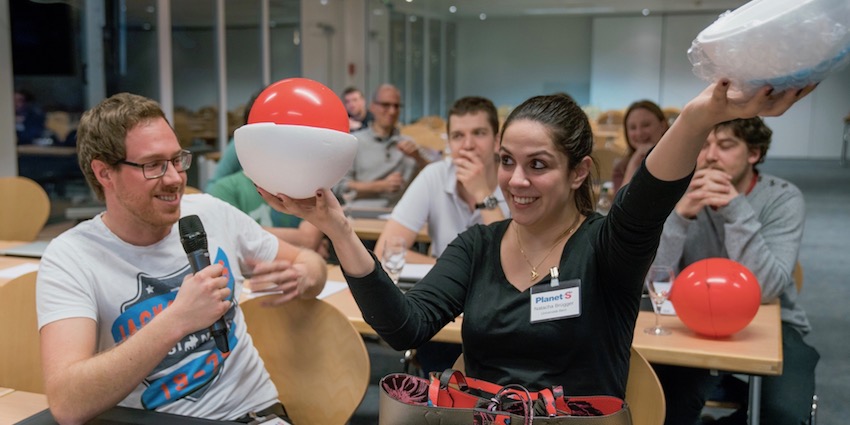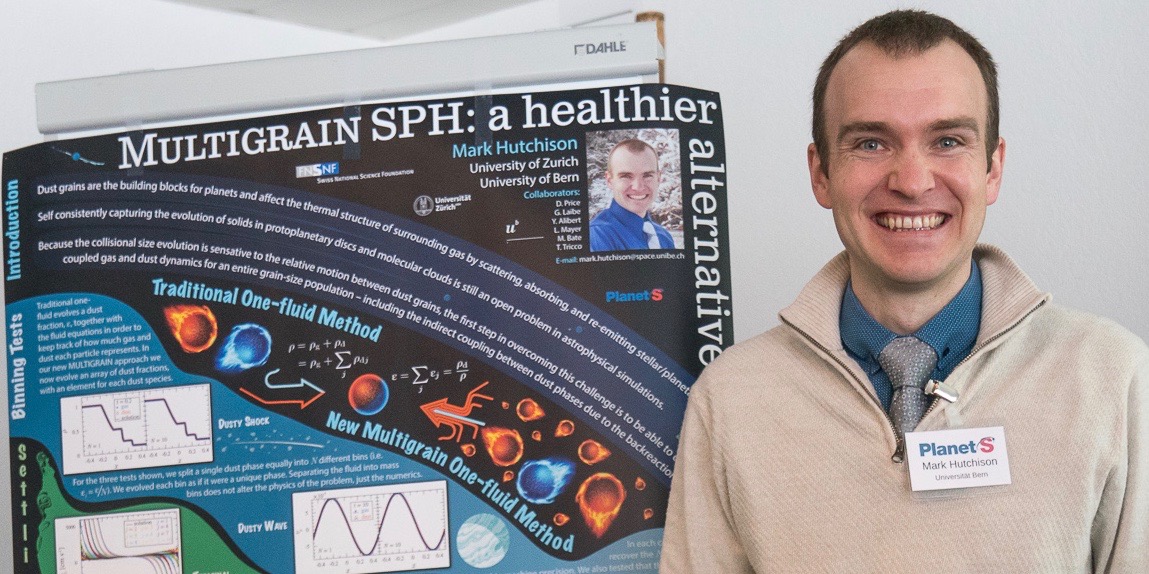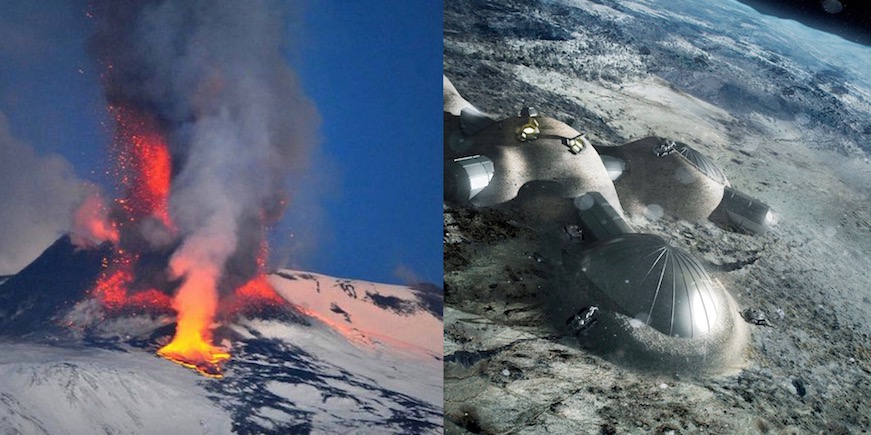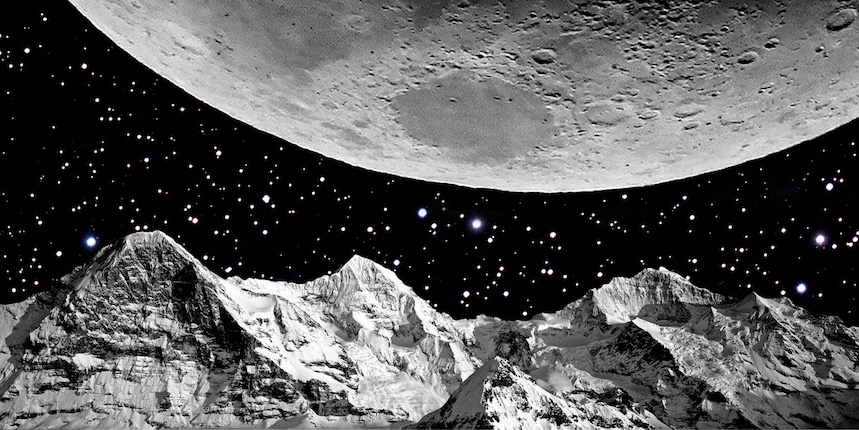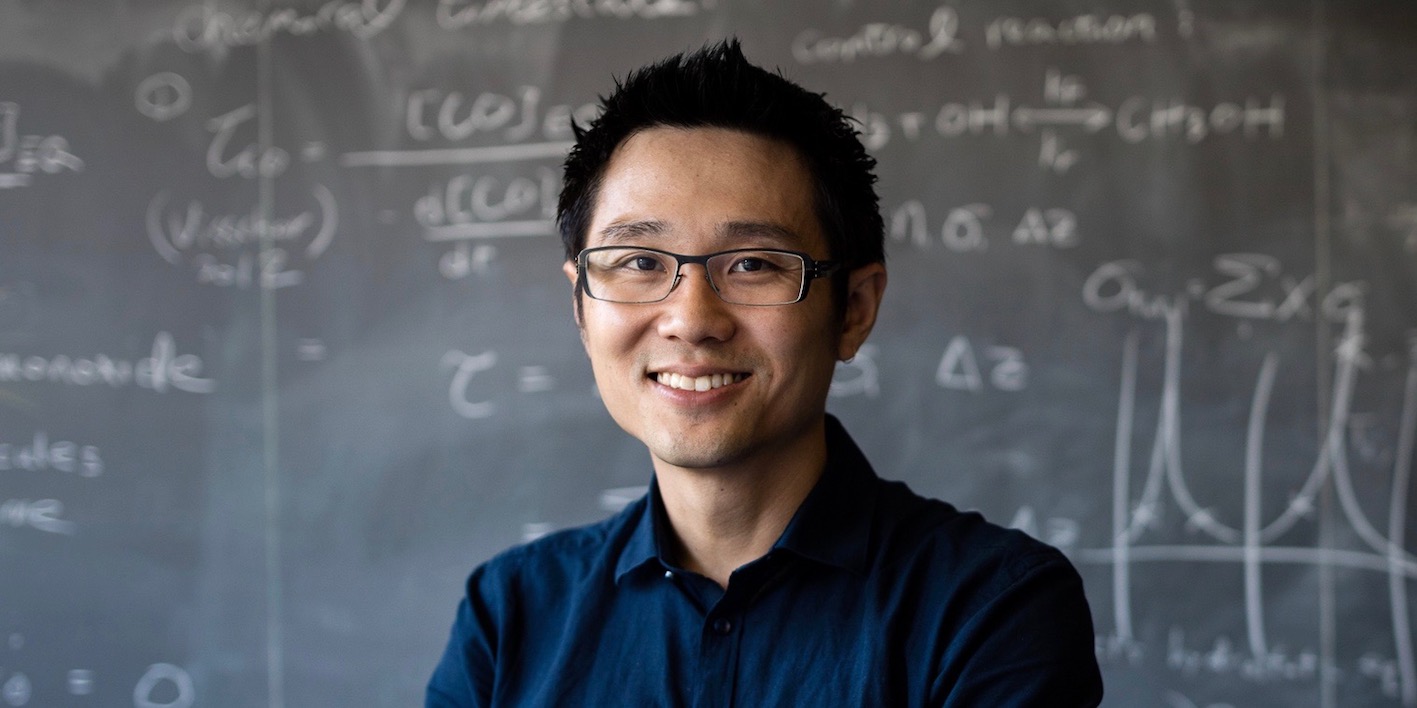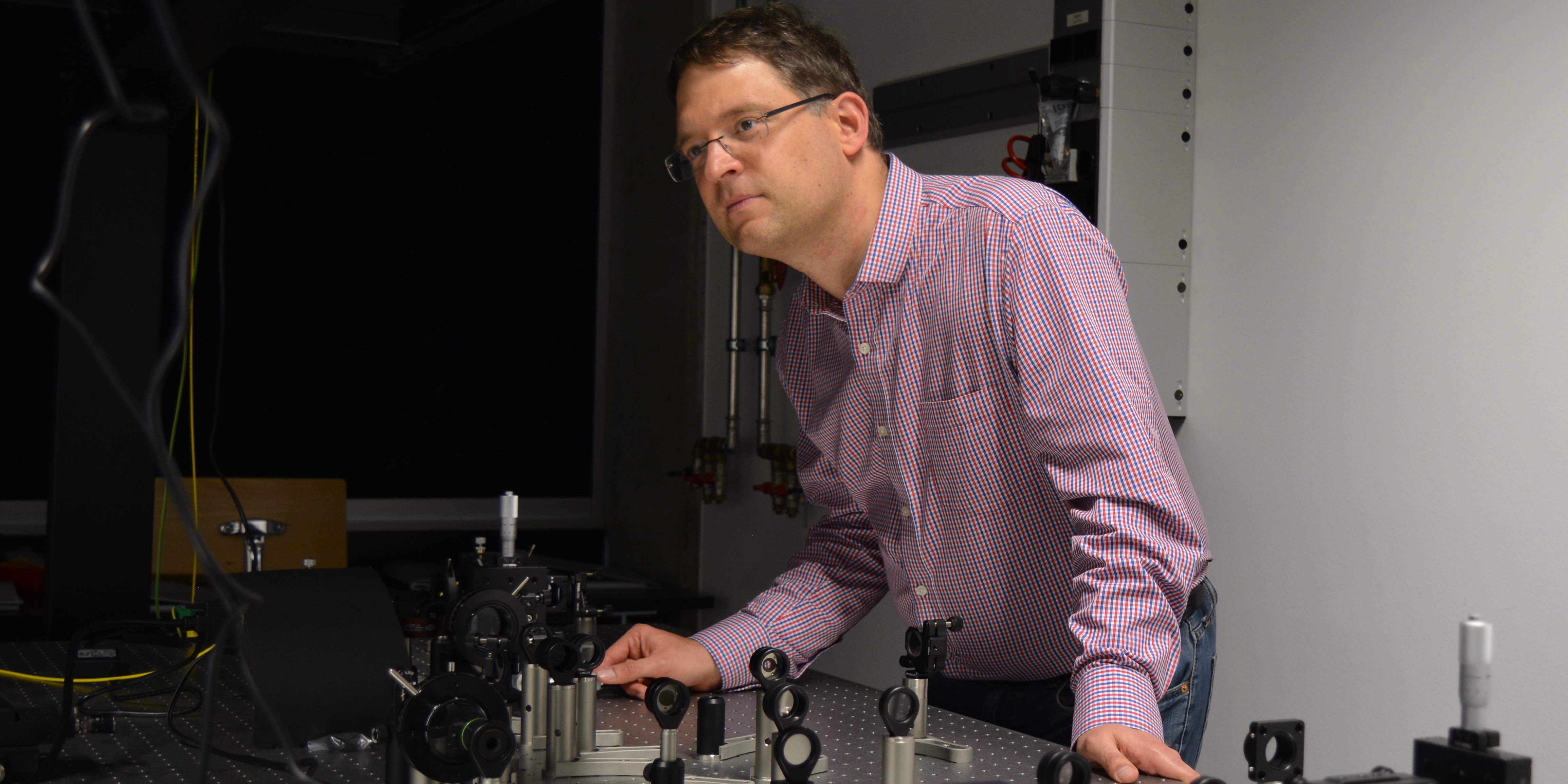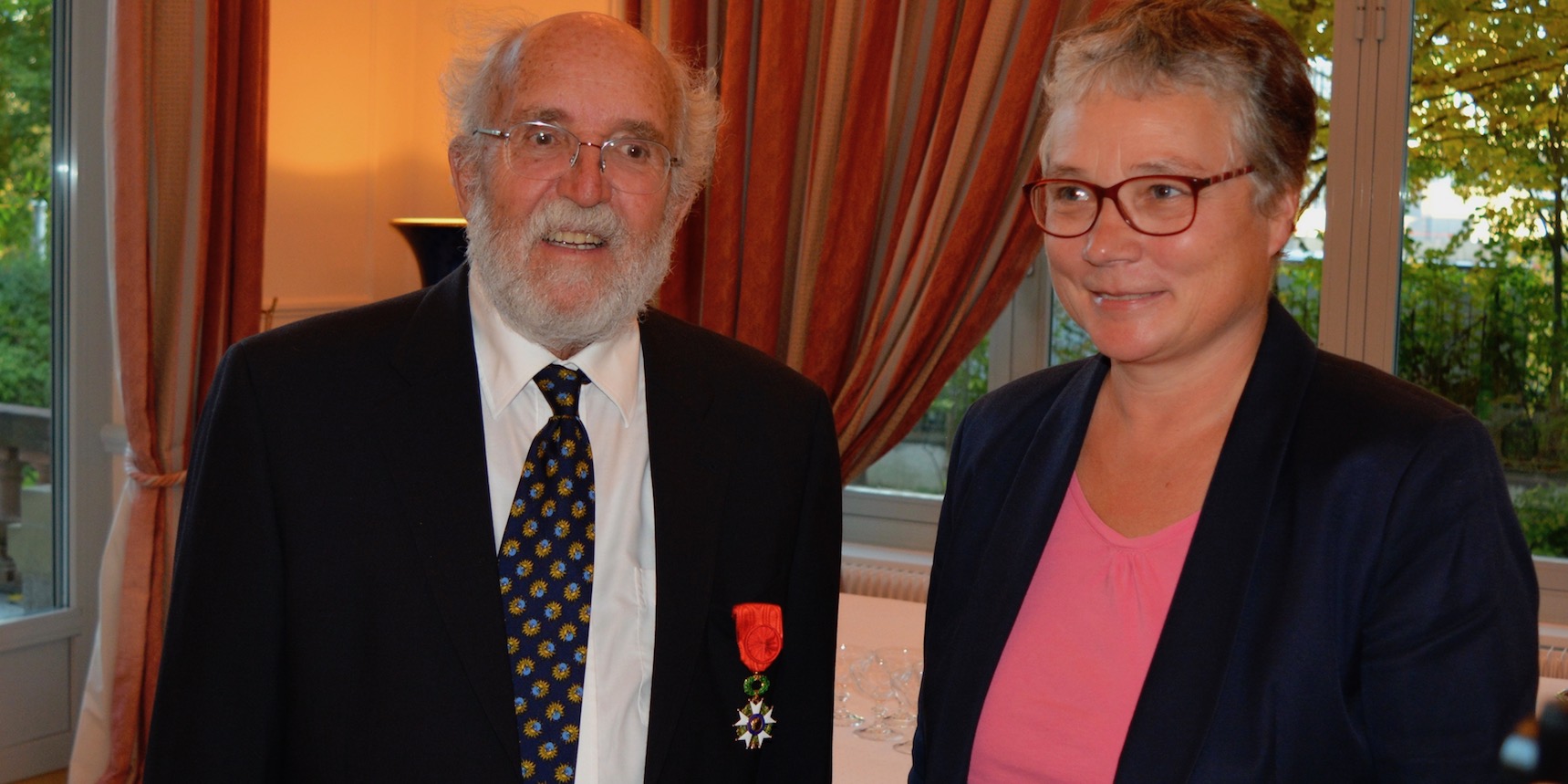Internal Newsletter
A permanent position, the “Holy Grail” for young scientists
By Stéphane Udry Four years after the start of the NCCR, questions about the future are starting to become more pressing for the young astronomers in PlanetS. During the 4th General Assembly, held once again in the beautiful setting of Grindelwald, they raised serious concerns about the future of their career. Will fixed positions be […]
Continue Reading“Sometimes, it is not ourselves that we have to focus on”
Tomas Brage is a Professor of Physics at Lund University, Sweden. His research interests are in e.g. Laboratory Astrophysics as well as in Education and Didactics, Research in Physics, Gender and Equal Opportunities, Outreach, and Internationalization. At Lund University, he has led the Gender Certification project and the Core-Value project. In 2012, he has received […]
Continue ReadingDo-it-yourself in Grindelwald
When we visit schools or when schools visit us, we regularly use models or didactic tools to explain astronomical mechanisms. One of the best known is the one that explains the motion of a planet around a star and the motion of the star around the planet, a tool that allows illustrating the radial velocities […]
Continue ReadingHow to design a winning poster
With his colourful work Mark Hutchison, postdoc at the University of Bern, won the prize of the best poster presented at the PlanetS General Assembly 2018. Here, he tells us what it takes to make a good poster. By Mark Hutchison The first international conference I attended was a Division of Plasma Physics meeting in […]
Continue ReadingHabitable worlds at ESA
The 51st ESLAB Symposium took place at ESTEC (Nordwijk Netherlands) in early December (4 to 8). This year’s subject was about extreme habitable worlds. A particularly interesting topic for all planetary hunters and those who are looking for habitable worlds that could harbour life. Many themes were discussed during this week: climate on exoplanets, composition […]
Continue ReadingStarmus Festival to come to Bern in 2019
In summer 2019, the first moon landing will celebrate its 50th anniversary. The successful Apollo 11 mission is closely linked with the University of Bern. Due to this anniversary, the renowned Starmus Festival will take place in Bern from 24 to 29 June 2019. It is a festival which brings together science – primarily astronomy […]
Continue Reading“Writing is very close to my heart”
With two prestigious awards, conferred at the end of 2017, Kevin Heng started an exciting year. The professor at the Center for Space and Habitability (CSH) of the University of Bern and member of the NCCR PlanetS received a grant by the European Research Council (ERC) and a writing prize by the American Astronomical Society […]
Continue ReadingTesting a new approach to high-contrast imaging
To directly image exoplanets, coronagraphs are usually used to block the light from the host star. Instead of using a traditional coronagraphic phase mask, Jonas Kühn relies on a new, digital technology. His phase coronagraph is an active optical modulator based on a pixelated liquid crystals display panel. In his laboratory at ETH Zurich, the […]
Continue ReadingAbout micro-sexism and work-life balance
“At the weekend, only do what you want to do. That can be work, sometimes, but it doesn’t have to be” By Nadine Afram In online interviews (SurveyMonkey) with 5 international female professors in (Astro-) Physics, I wanted to know about, e.g. their experiences with work-life balance, the (least) favorite parts of their jobs, their […]
Continue Reading“Opening the gate to the universe”
„Professor Michel Mayor, on behalf of the President of the Republic, I hereby appoint you Officer of the National Order of the Legion of Honour.“ With these words, the ambassador of France in Switzerland, Anne Paugam, presented the astrophysicist with a medal that she fastened to his jacket. With a big smile Michel Mayor thanked […]
Continue Reading
